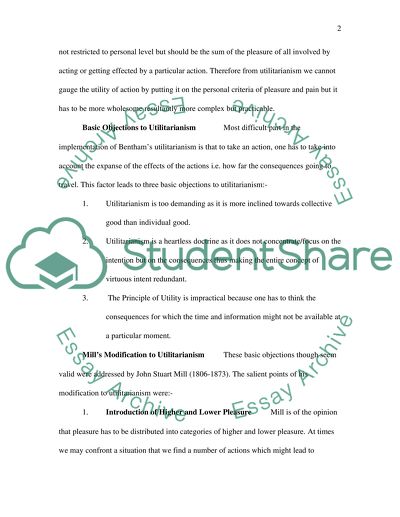Cite this document
(“Mills utilitarianism Essay Example | Topics and Well Written Essays - 2250 words”, n.d.)
Mills utilitarianism Essay Example | Topics and Well Written Essays - 2250 words. Retrieved from https://studentshare.org/philosophy/1519117-mills-utilitarianism
Mills utilitarianism Essay Example | Topics and Well Written Essays - 2250 words. Retrieved from https://studentshare.org/philosophy/1519117-mills-utilitarianism
(Mills Utilitarianism Essay Example | Topics and Well Written Essays - 2250 Words)
Mills Utilitarianism Essay Example | Topics and Well Written Essays - 2250 Words. https://studentshare.org/philosophy/1519117-mills-utilitarianism.
Mills Utilitarianism Essay Example | Topics and Well Written Essays - 2250 Words. https://studentshare.org/philosophy/1519117-mills-utilitarianism.
“Mills Utilitarianism Essay Example | Topics and Well Written Essays - 2250 Words”, n.d. https://studentshare.org/philosophy/1519117-mills-utilitarianism.


